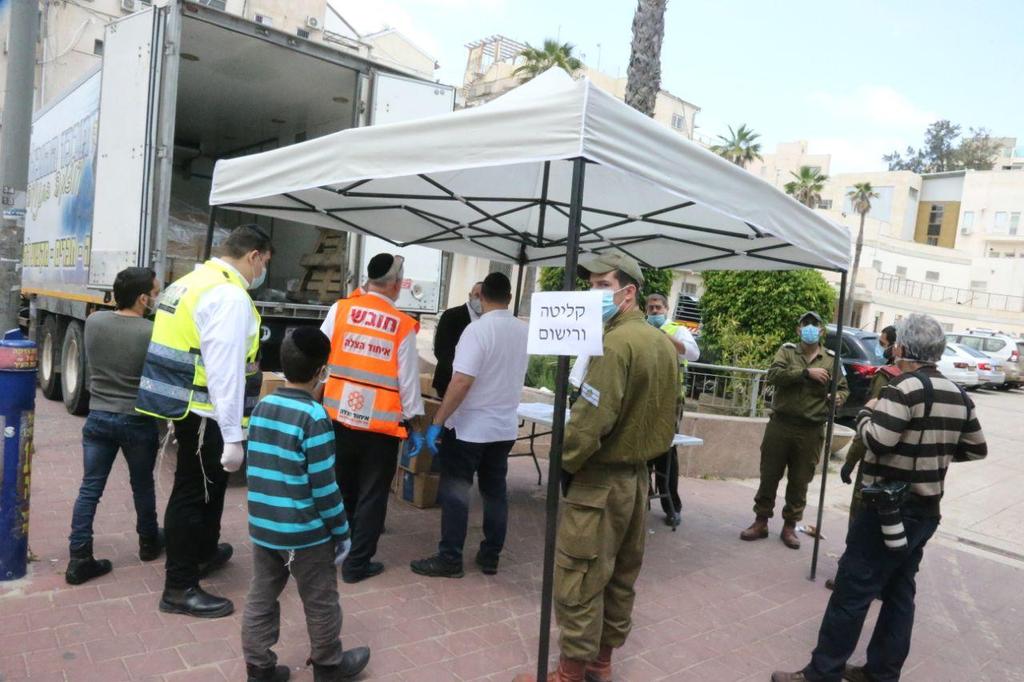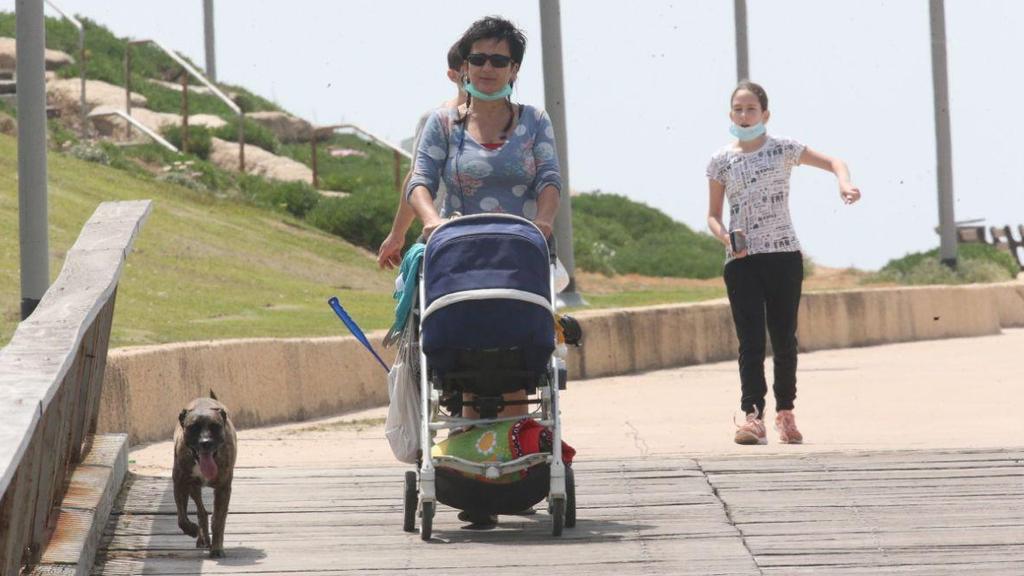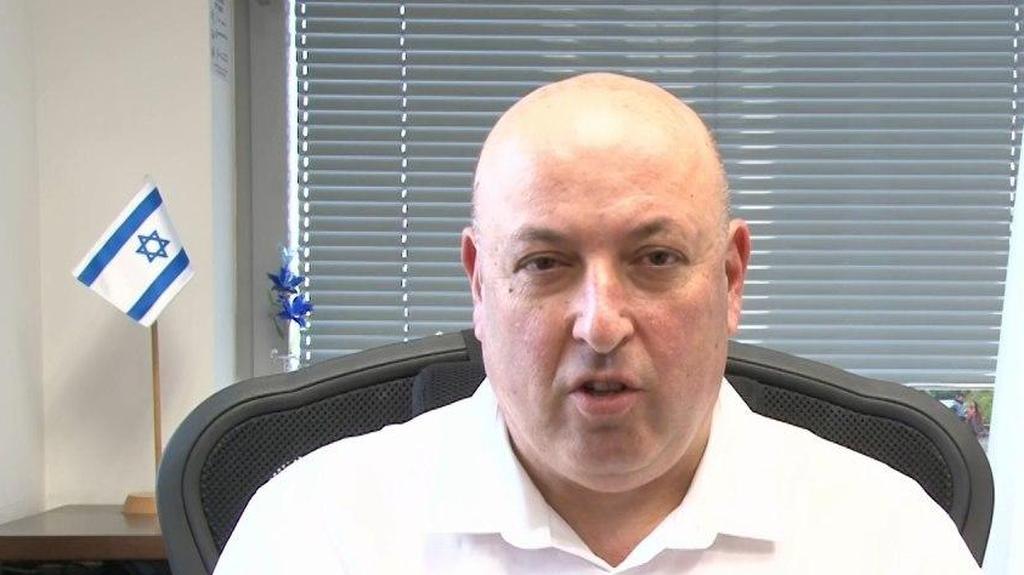Getting your Trinity Audio player ready...
Health Ministry No. 2 Professor Itamar Grotto said Monday he believed coronavirus restrictions have been eased too soon by the government and predicted a spike in cases of COVID-19.
On Sunday, Israel eased its restrictions on public life, allowing certain shops and businesses to reopen, increased public prayer gatherings and use of mikvehs. Educational institutions, workplaces that cannot support social distancing, cultural centers, cafes and restaurants and malls remain closed.
"The number of confirmed cases has been on the decline and the restrictions that were in place were working," Grotto told Ynet. "It is up to the government to decide if it is willing to risk a rise in the number of infections."
Grotto said that aside from Bnei Brak, Haredi neighborhoods in Jerusalem and the town of Deir el-Asad in the north, there are currently no hotspots of coronavirus outbreaks, but warned that may change.
"We will respond to any eventuality. We monitor the situation daily," he said.
3 View gallery


Handing out food to Bnei Brak residents during the coronavirus crackdown
(Photo: Moti Kimchi)
"The public's behavior is key," Grotto said. "And rather than imposing restrictions on the whole country we can perhaps be more surgical in our actions. I think we have the tools necessary to do so with the intelligence gathering and enforcement at our disposal."
According to Grotto, the ministry is evaluating the level of risk after some restrictions had been lifted after the government voted on Sunday to allow more people to work and some shops to open.
"The question remains what risks the public is ready to take," he said. "Sometimes hearing about people who have died can bring about a change in perception and policy."
3 View gallery


Israelis walking on Tel Aviv beachfront amid the coronavirus crisis
(Photo: Moti Kimchi)
Grotto insisted that sporting events and team sports must be halted for at least six months because of the close physical proximity of participants during training, but said that the decision must be reached in consultation with athletes.
Regarding the opening of schools and kindergartens, Grotto also said that more consultation was needed.
"We are studying different models and considering children's propensity to act as agents of contagion," he said. "The government must decide how much of a risk it is willing to take, how many more people will need ventilators oeven die."
"The new regulations will become clear as people realize the risk remains when they leave their homes," Grotto said. "My son wants to kite surf and there is little risk when he does that but leaving home to go to the beach is the problem."
More restrictions will be eased in the future Grotto said, but insisted the country is not at the point that malls should be opened or cultural events allowed because crowds would mean more contamination.
"We have to give this more time," he said.


